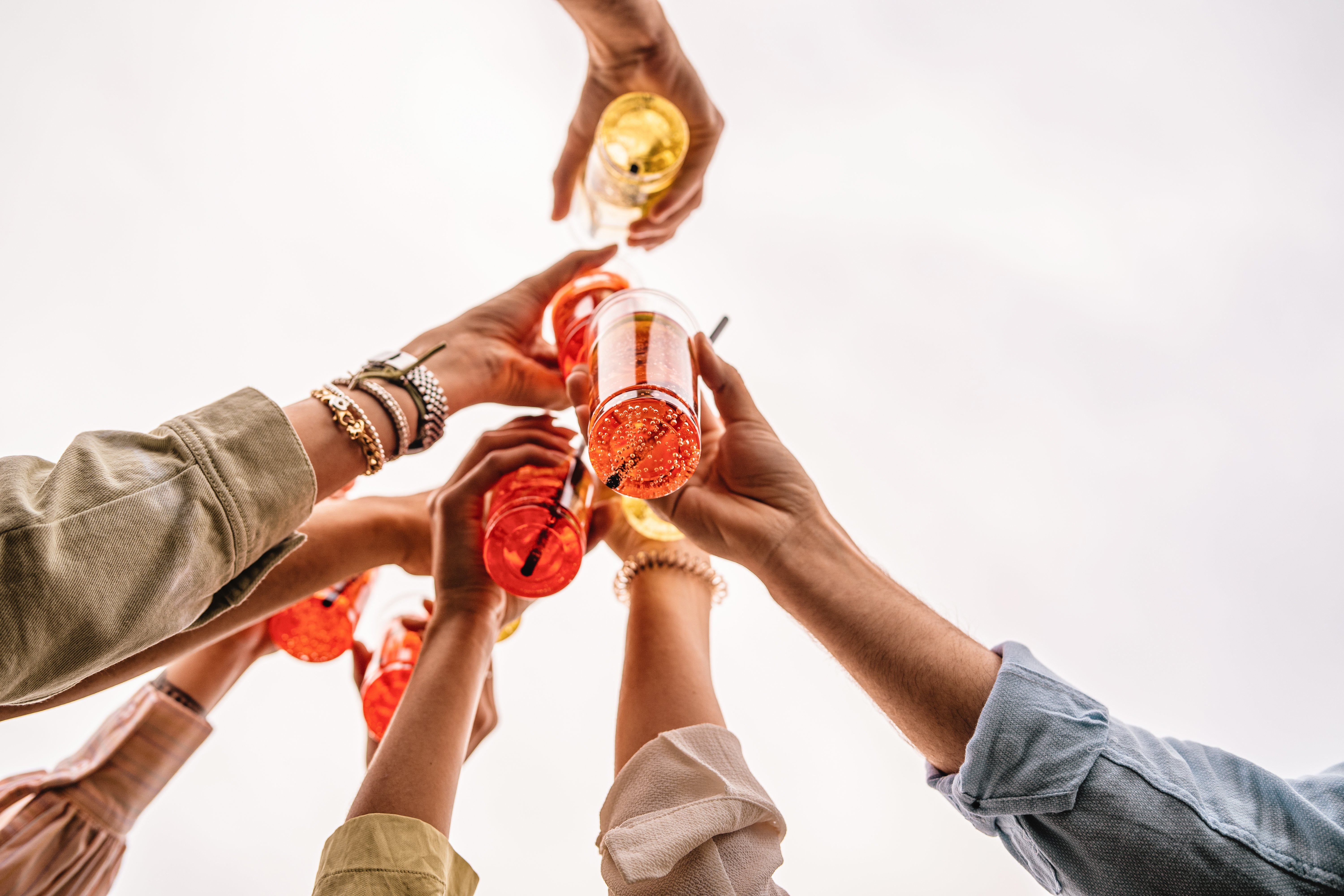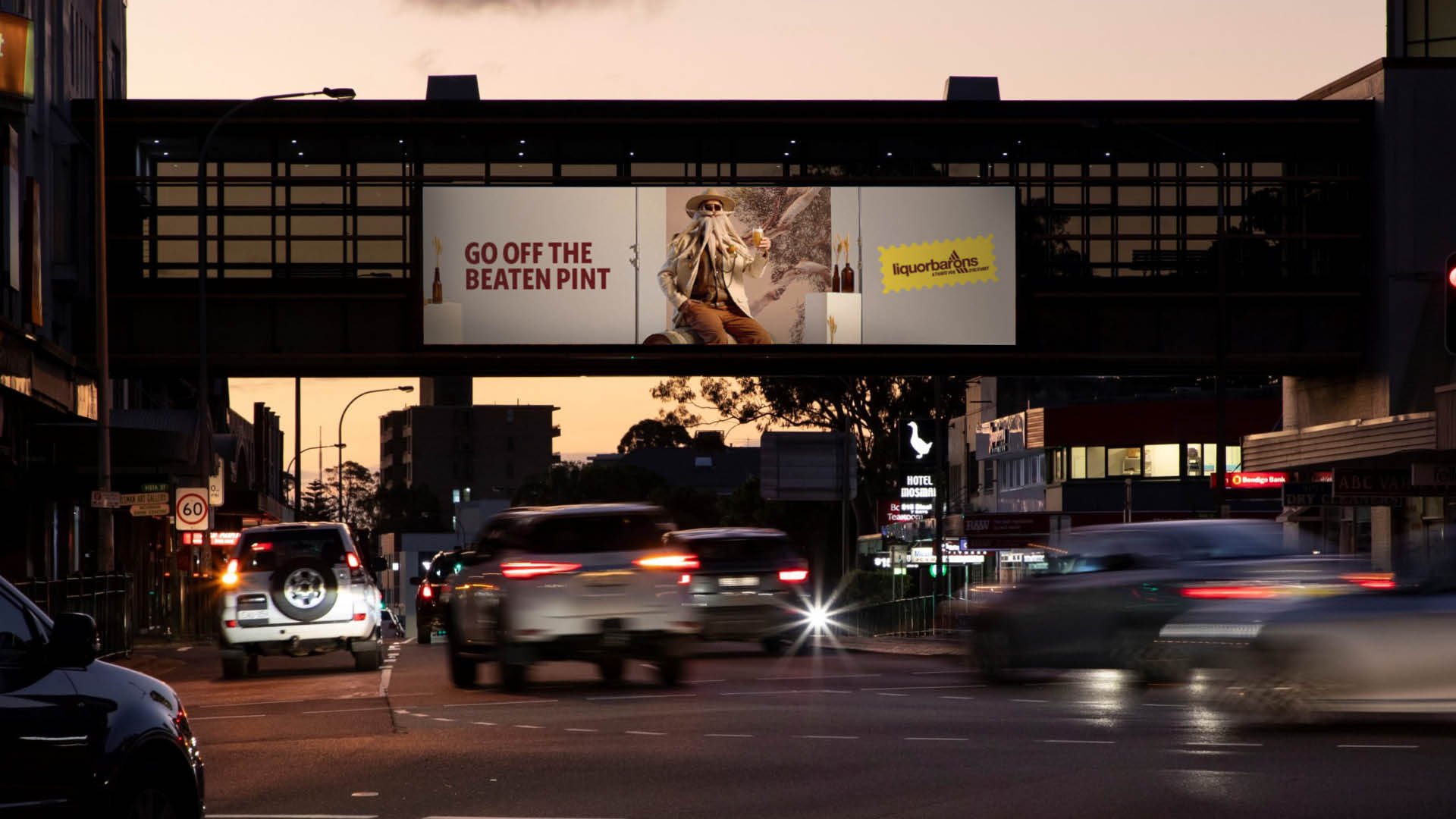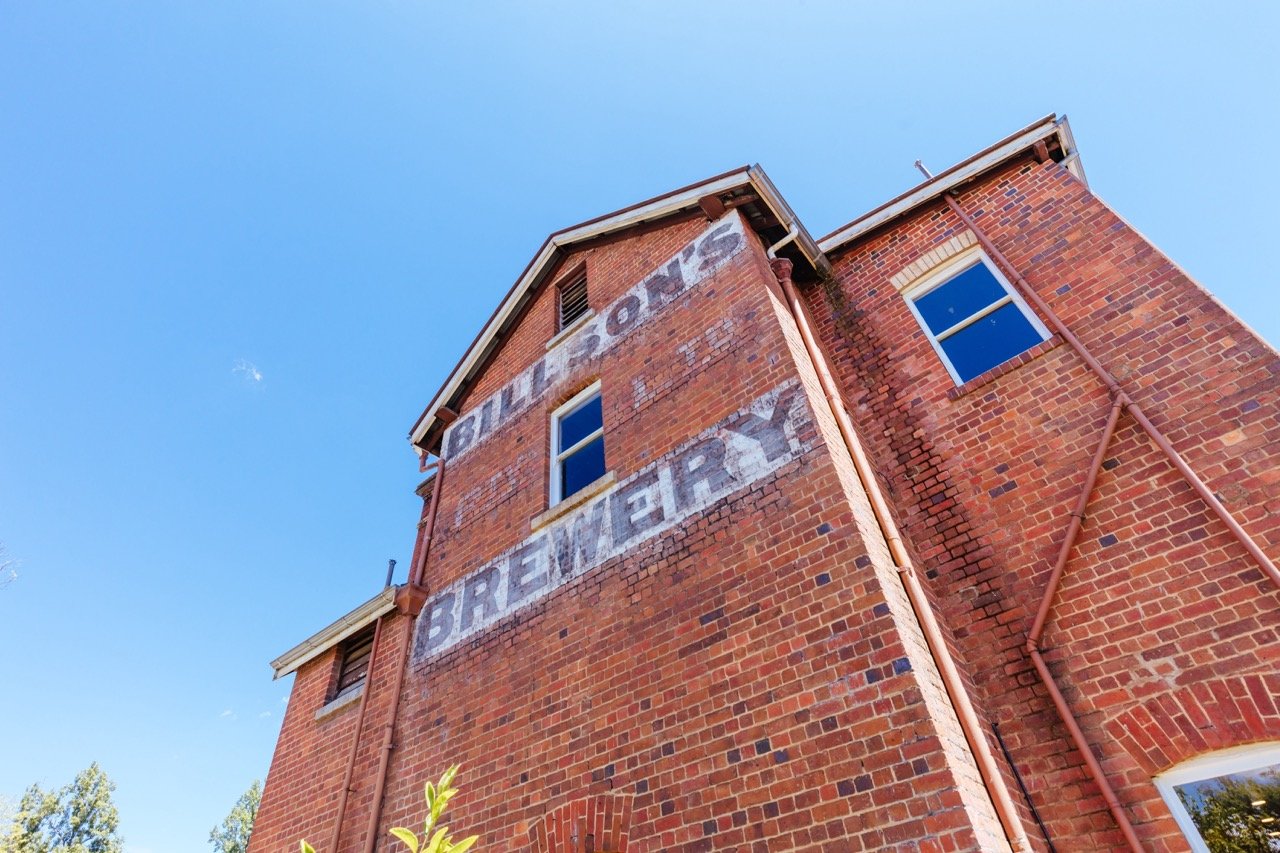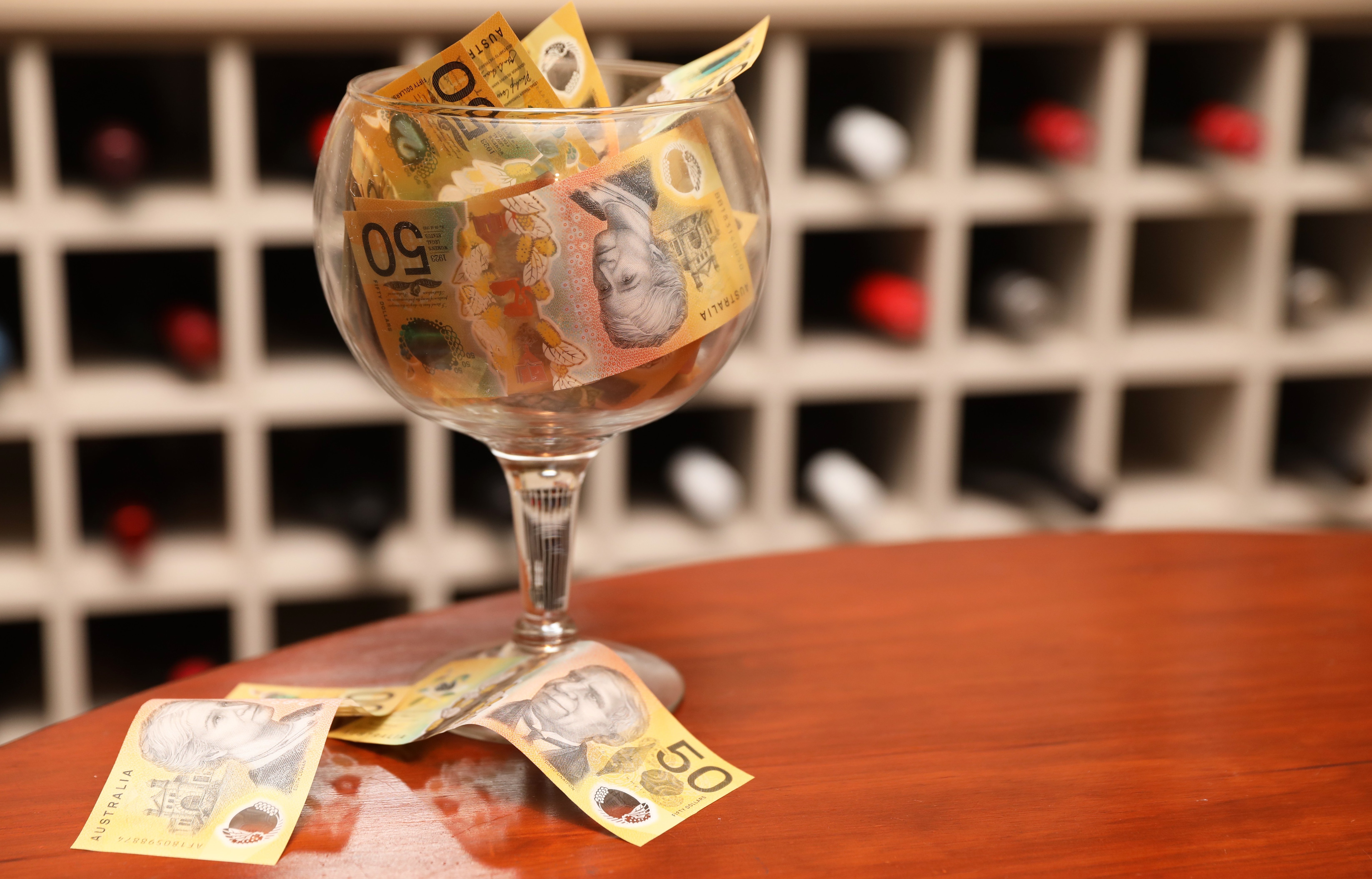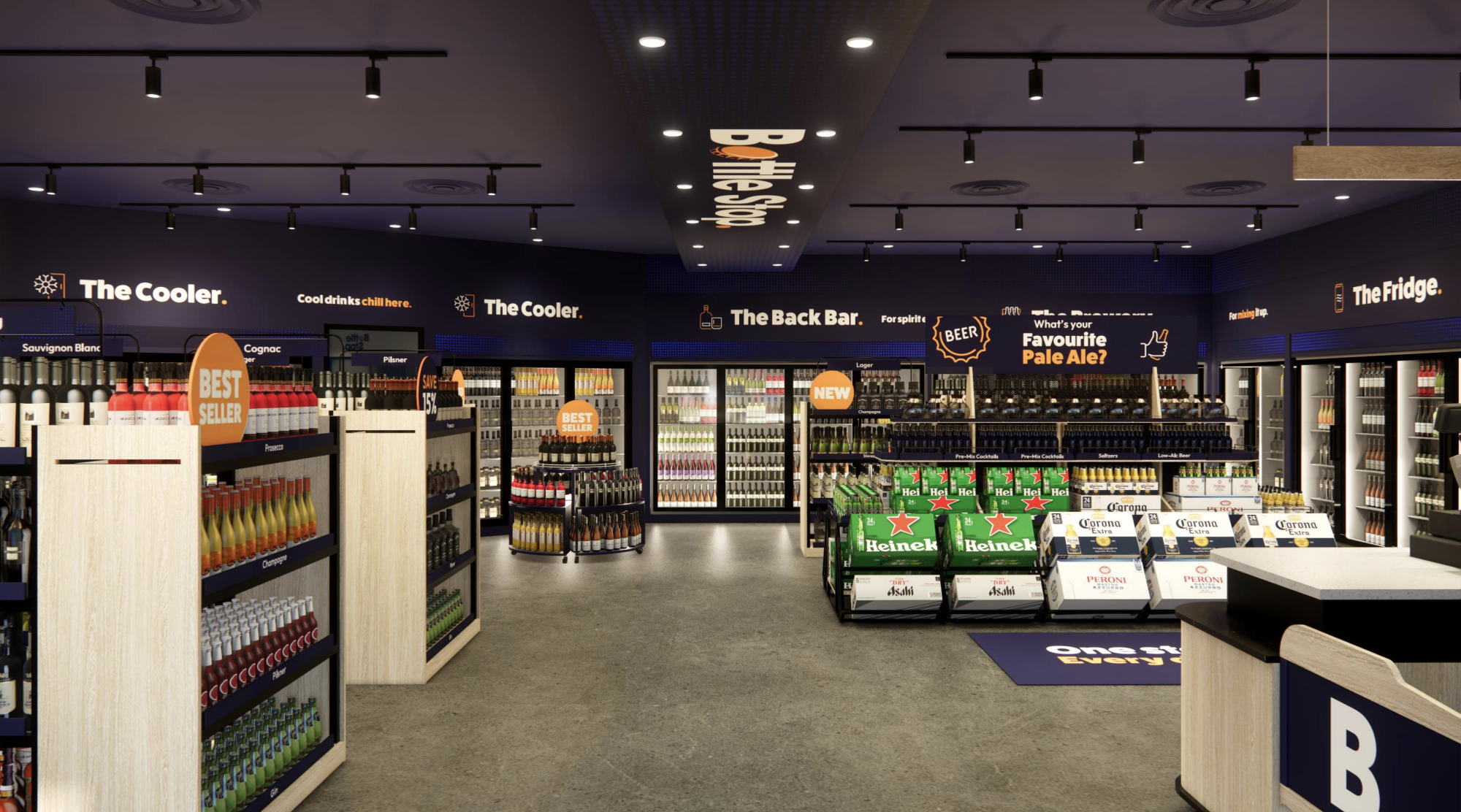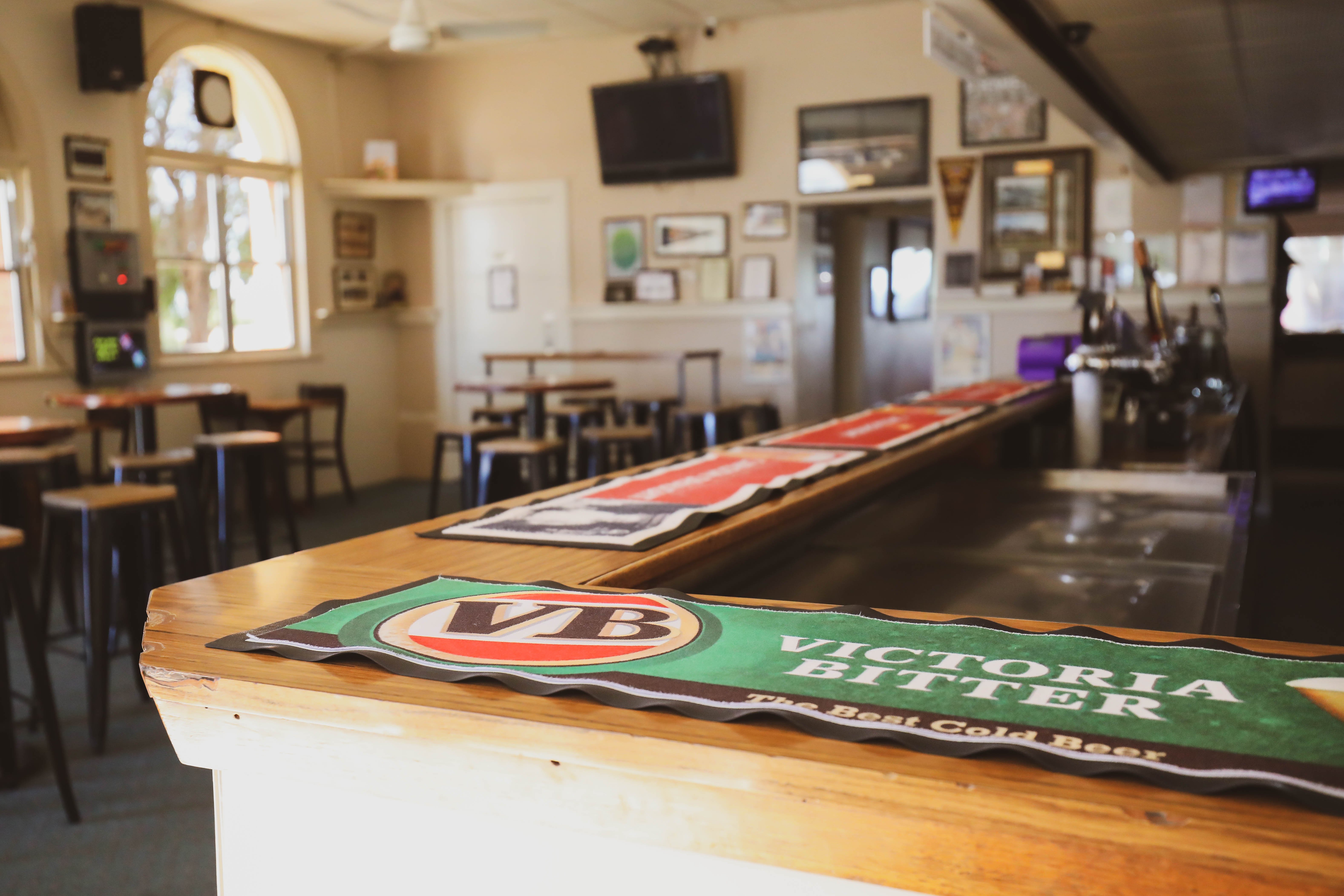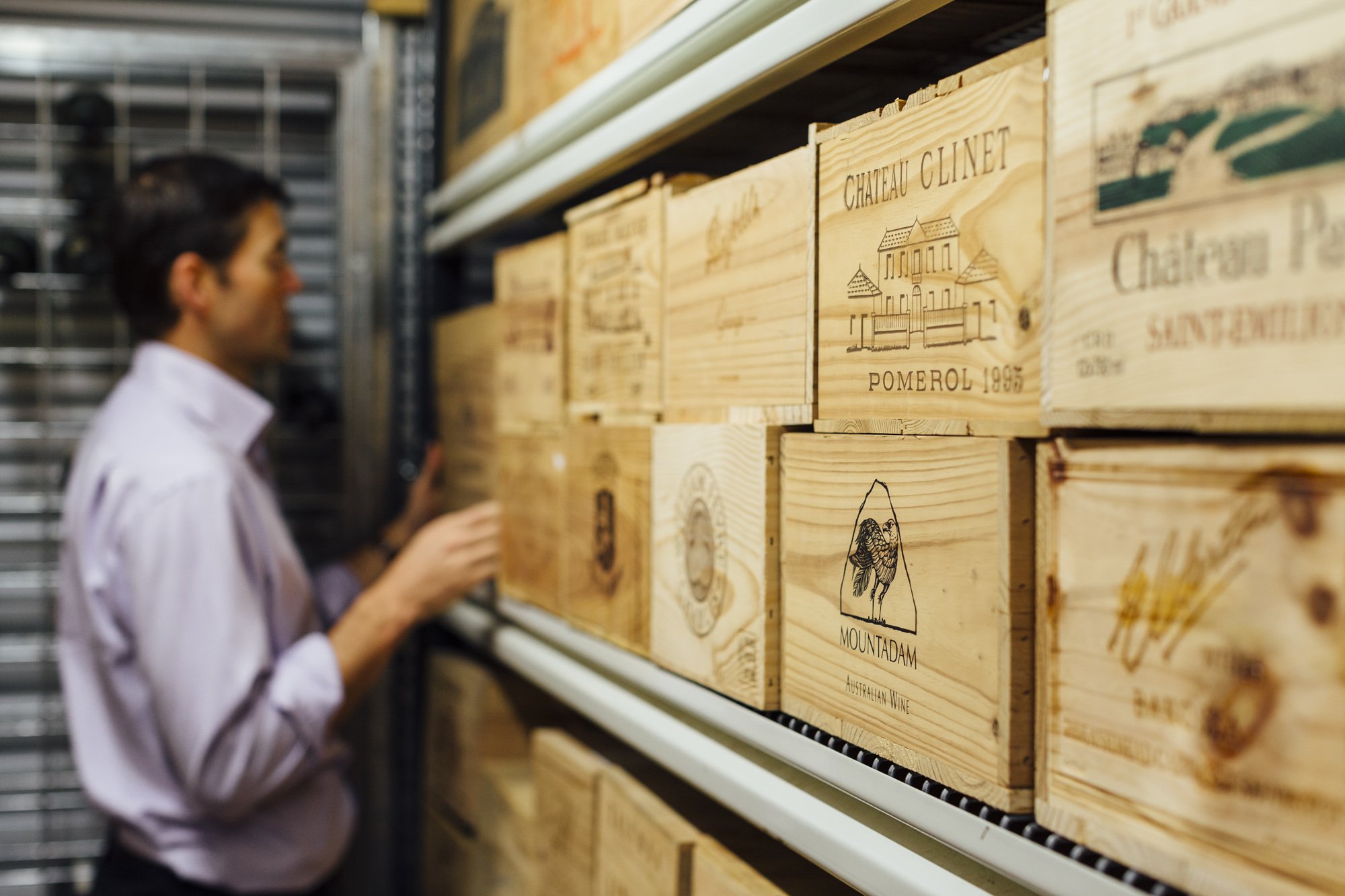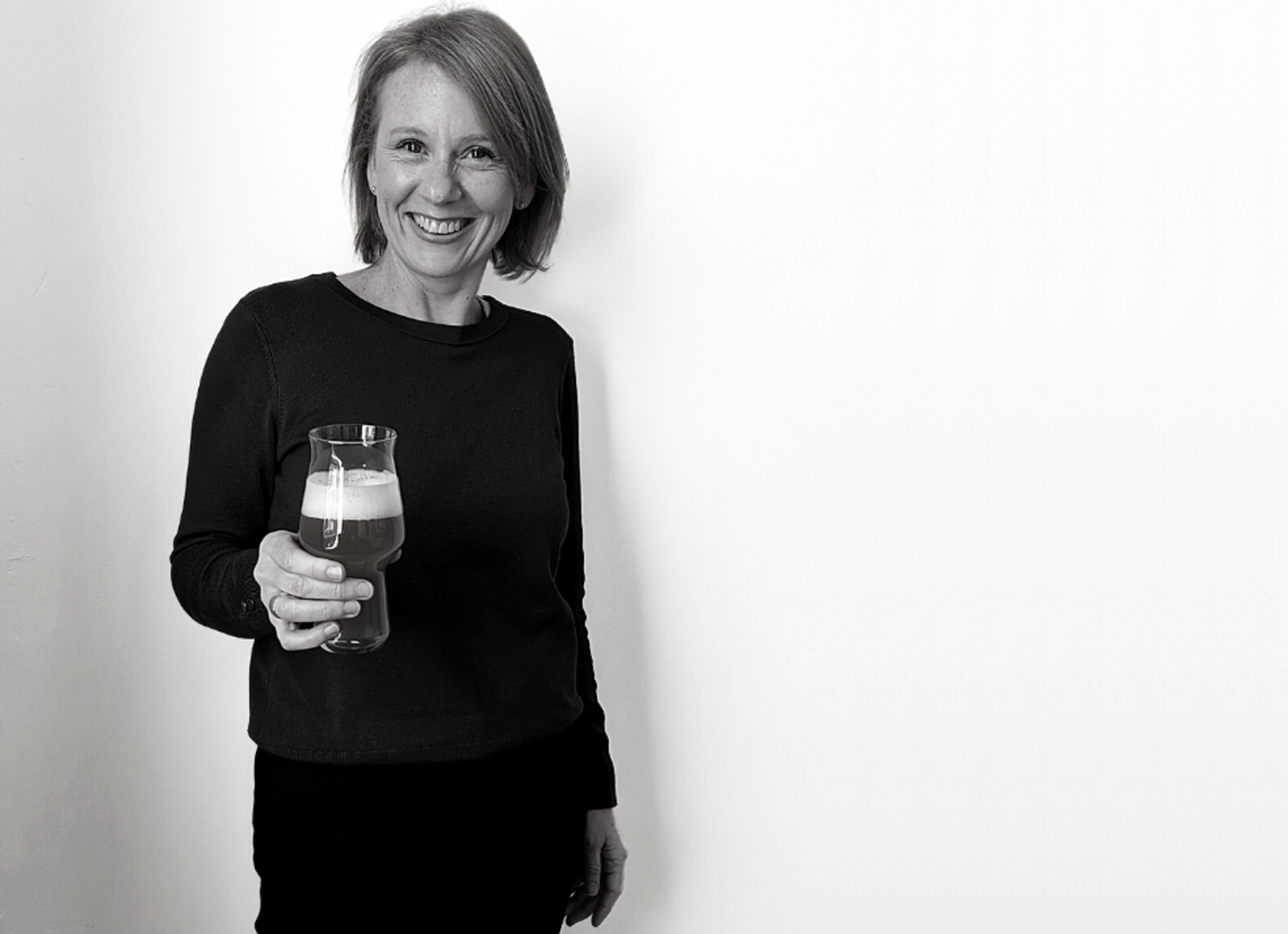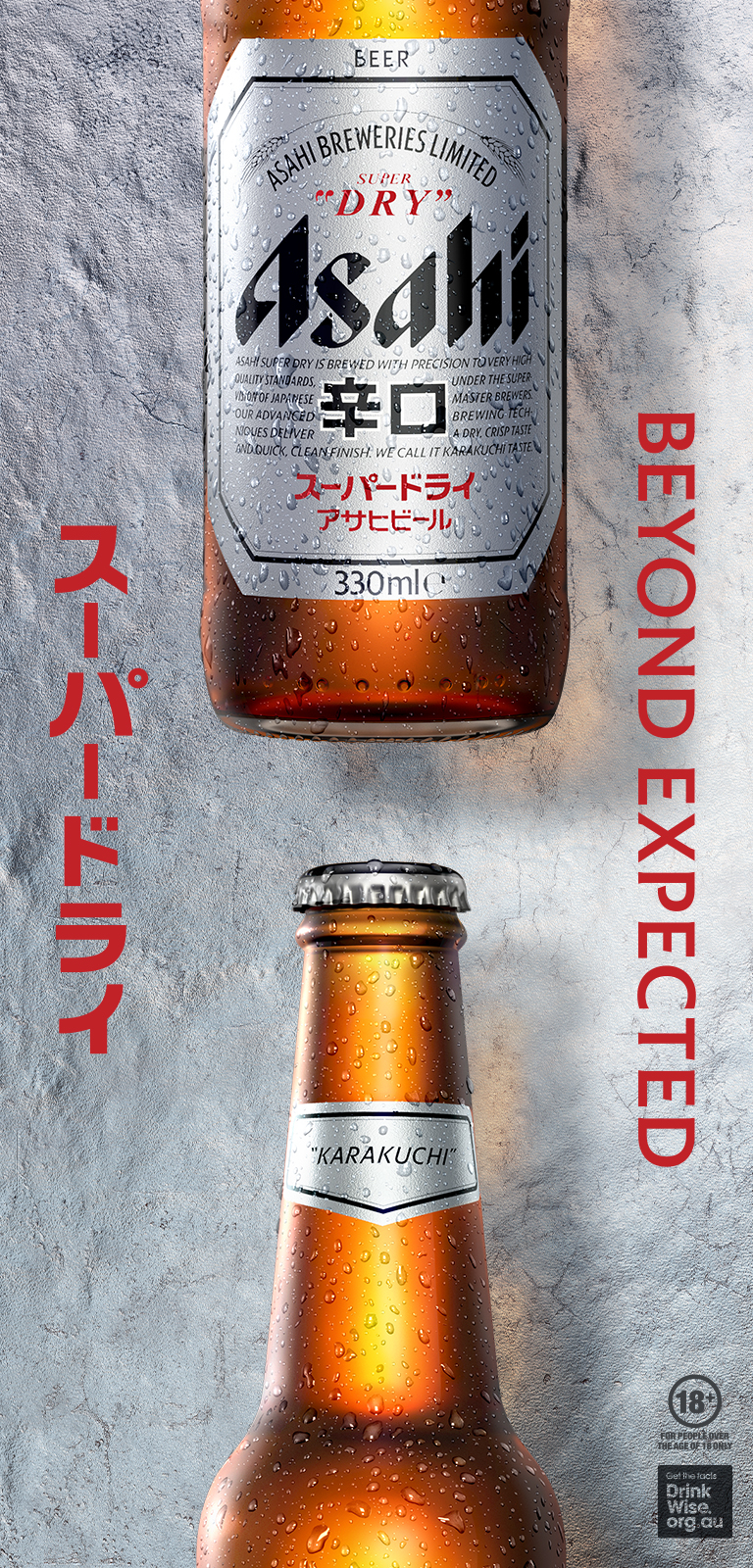Reflecting wider global trends, Australia's liquor industry is already feeling early impacts of the well-documented generational shift towards reduced levels of alcohol consumption.
What's more, this generational trend appears to be growing more pronounced with each emerging generation, evidenced in recently published IWSR data revealing that, throughout the duration of 2023, 75% of Gen Z and 70% of Millennials moderated their alcohol consumption compared to 60% of Gen X and 54% of Boomers.
With 62% of the world’s population expected to be millennials or younger by next year, the impact that this trend could have on Australia’s industry, along with most other liquor industries, is a justified cause of concern.
Premiumisation:
Fortunately, IWSR analysis forecasts a growing tendency towards premiumisation that has the potential to somewhat offset reductions in value by providing greater returns per sale.
“It is worth noting that it is very early days for Gen Z drinkers in the beverage alcohol market, and close monitoring of their behaviour over time will be required to see how their tastes evolve,” said Richard Halstead, COO Consumer Research, IWSR.
“However, some of their behaviours – reduction in alcohol quantity consumed, preference for cocktails and premium beverages – is also apparent in the preceding generation known as Millennials (aged from their late 20s to early 40s).”
While this trend towards ‘drinking less but drinking better’ will be necessary to support the forecasted drop in volumes, the IWSR expects that alcohol businesses will find it increasingly difficult to make returns on low-value mass-produced market products.
Somewhat contradictorily, however, a different IWSR report found that younger generations have been moderating as a direct consequence of heightened economic pressures.
"Younger age segments over-index in money-saving strategies partly because they are under the most pressure financially, but partly also because they are less loyal to a particular brand, category, and/or channel," said Anastasia Timofeeva, Senior Consumer Insights Manager, IWSR.
Messages of social justice and inclusivity:
According to a discussion recently published by Nielson IQ, brands that are able to propagate stories that align with the personal values of Gen Z consumers will achieve far greater success.
“34% of this generation agree they are more likely to purchase from a brand that openly supports LGBTQIA+ rights and that climbs to 46% if they support racial inclusivity,” found the report.
Targeting occasions:
In relation to tailoring stories to the demographic, brands that tell a story via being intuitively tied to an occasion or event will also hold more appeal with younger drinking aged consumers. This was demonstrated by a recent Havas report which surveyed 12,929 legal-drinking aged prosumers (including 505 Australians) across 30 markets to find that 75% of Gen Z would be willing to attend a party hosted by a brand, with 59% saying they prefer brand-affiliated parties as they have the means to make them unforgettable.
“If brands want a ticket to this party, they need to better empathise with Gen Z’s evolved attitude to partying which is very different to previous generations,” said Olly Taylor, Chief Strategy Officer for Havas Creative Group Australia.
Setting also ties into this. According to the Nielson IQ discussion, Gen Z “tend to consume alcohol in social settings and group gatherings making RTDs such as “cocktails in a can, hard lemonade, and spiked iced tea” preferred choices.
Flavour-forward focus:
The Nielson IQ discussion also recognises the trend towards drinks categories such as cocktails and RTDs as being shaped by a a preference for flavour forward options.
Within this, however, it is worth noting that Gen Z flavour preferences have been extremely location dependent. Trends in Australia have thus far followed on from those now prominent in North America, where RTDs are dominant.
According to the report by NIQ, “Hard seltzers top the rankings with 34% of Gen Z (21+) saying they lean towards these when purchasing alcohol.”
Health conscious:
Hard seltzers, naturally lower in calories, also capitalise on the now well-established better-for-you trend, which is attributed as one of the key causes of decreasing alcohol consumption.
“A surprisingly large proportion of younger legal drinking age communities are now claiming that they abstain from alcohol altogether,” said Halstead.
“This is particularly true in Japan and North America, but the moderation trend is also prevalent in other markets across Europe, Asia and Australasia.”
The Nielson by IQ discussion further extends this trend to recommend embracing emerging categories such as hard kombucha to maintain appeal among the growing Gen Z demographic.
Online influence:
Despite the reputation, Nielsen IQ found that physical stores are still driving sales for Gen Z. What’s more, it found that “Gen Z (21+) say that social channels aren’t a huge influence on what alcohol they buy, but rather where they buy it.” Personal influence reigns king among Gen Z, with “28% [saying] they consider the opinions and suggestions of family and friends when making a BevAl purchase.”
In contrast, the Havas research outlines the ever-growing no/low social media spaces such as Sobertok as a powerful influencing factor in the current premium-moderation movement.
The final take:
Despite detailed recommendations about how the industry can tailor each of the above categories to Gen Z and Millennials, the three cited drinks analytics organisations remain hesitant when it comes to giving an overall forecast of what will come in the near and medium-term future.
Nielson IQ simply calls on the industry to “consider the unique needs of an emerging and increasingly informed generation” by asking questions such as “where is this generation seeking information?” and “what are the global issues we as a brand can take a stance on to connect with a values-led generation?”
Share the content
